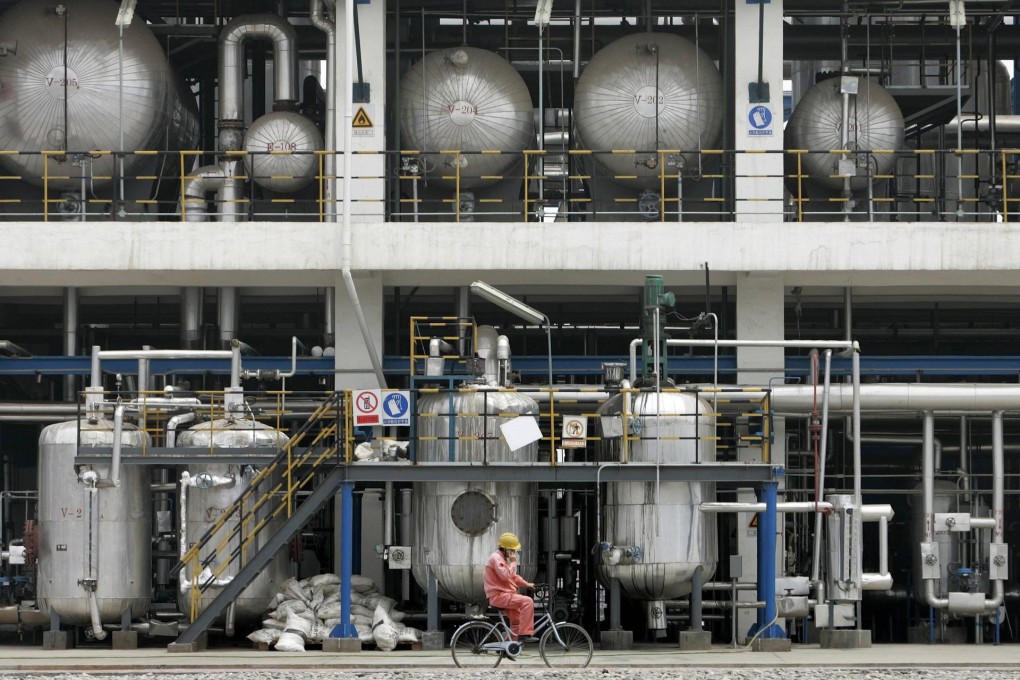China's tight control over state firms not progress, analysts say
Analysts concerned over party's insistence on retaining power over SOEs despite vow to reform them to boost competitiveness

The Communist Party's latest emphasis on retaining control of the mainland's state-owned enterprises, which dominate sectors including the energy market and telecommunications, have left analysts puzzled.
Research institutes, including the International Monetary Fund, have criticised Beijing for moving too slowly with SOE reform to help boost the competitiveness and efficiency of the mainland economy.
They have urged the government to level the playing field between the public and private sectors, to strengthen corporate governance, improve the returns of the state giants, and reduce government intervention in their business decisions.
But guidelines rolled out at a June 5 meeting chaired by President Xi Jinping suggested party influence in the state sector was set to deepen, which has confused researchers who were hoping reform would give market forces a bigger say.
"Sticking to the party's leadership is a unique advantage for SOEs," the political leaders at the central panel for deepening overall reform said. This would be critical in making the firms "stronger, better and bigger", preventing state-asset losses and curbing corruption, they said.
It’s puzzling … It reads to me like SOE reform will see little progress
They also laid out principles, including that the party would retain the right to appoint SOE leaders and that party organs must be included as part of their corporate governance system.